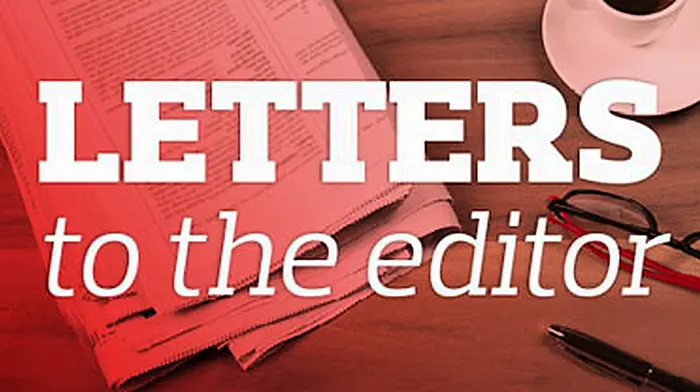PROMINENT local politician recently made concerning remarks about the lack of funding and staffing for primary schools, as reported in this week’s newspaper.
But what is even more concerning is her comment made about the fact that school principals are afraid to speak out openly, in case enrolment in their school is affected by the perception of inadequate funds or a shortage of resources for the school.
While the sentiment is understandable, it is shocking that the people in control of these schools cannot freely voice their fears about the challenges brought upon them by a lack of financial support from government.
It is just one in a long litany of examples of injustice that work to the benefit of the government, and helps them to keep a tight rein on resources. If the very people who are meant to be running our schools are too afraid to speak out when they see resources dwindling, then the entire system is beginning to crack.
It suits the government that those at the axis of the issue have to remain anonymous – asking others to make their cases for them.
Because we all know that personal stories are the ones that resonate the most with decision-makers, as recent referenda have proven. The leader of the Social Democrats, when making the comments about unsustainable funding and staffing levels, was referring to primary school level.
But any parents of second level students will be aware of the annual school ‘contributions’ – that while described as ‘voluntary’ are also categorised as being crucial to the successful execution of the everyday business of the school.
Some schools have even resorted to texting ‘reminders’ about these ‘voluntary’ contributions, and others have subtly implied that some events or facilities may not be available to students if annual contributions are not forthcoming.
It all serves to create a system whereby the parents are increasingly footing bills which should be already paid for by their taxes – in effect, double taxation.
It also creates a vicious cycle whereby schools which successfully lobby for parents’ contributions are taking more pressure off central government to provide adequate funding in what is described – increasingly erroneously – as a system of ‘free education’. This means government can continue to cut budgets, confident in the knowledge that parents or guardians will continue to ‘stump up’ the difference. It is certainly not free education if parents receive regular reminders about contributions that come with a unspoken suggestion that to forsake payment is somehow morally wrong.
What is certainly morally wrong is a government which claims to provide a non-fee-paying education system yet resources it so poorly that parents are left to pick up the tab for bills, which are even detailed by some schools. References to art supplies, photocopying, paper and sometimes even fuel bills, are often made when the voluntary contribution reminders are sent.
But now a party leader has felt it necessary to speak out on behalf of schools, not just about funding, but about the ongoing teacher shortage – because those in charge of the schools feel they cannot.
As if the situation regarding direct funding and staff was not concerning enough, she also noted that promised special educational supports are falling far short of parents’ needs.
Parents in West Cork are ‘fighting and struggling’ to get their children the education and the support they need, she said.
There are neither enough special needs assistants nor special education classes in the region, she noted.
As has been said so many times before, parents of special needs and vulnerable children spend so much time fighting their corner they haven’t the time to bring their cases to the higher levels, to demand better services for all.
Again, this suits the government of the day, and it is left to others to do their bidding.
As schools return to business next month, maybe it’s time for both principals and parents to join forces and voice their opposition to the reduction, by stealth, of services and funding for schools at both primary and secondary level.
As any party leader will verify, there’s strength in numbers.
Roads an embarrassment
Local people have this week joined the years-old chorus of politicians in calling out the atrocious state of West Cork’s roads, as our report on earlier pages outlines.
The situation becomes glaringly obvious for two reasons at this time of year – Cork people are embarrassed about the state of roads while attempting to welcome tourists into the area – and the same local people are aghast when they holiday in other parts of the country and see how poor our roads are by comparison.
It’s time Cork County Council made the point that our roads are not just for commuting locals but for a region that is consistently in the top 3 destinations for both domestic holidaymakers and overseas tourists.
We should have better, not worse, roads than our inland cousins.










